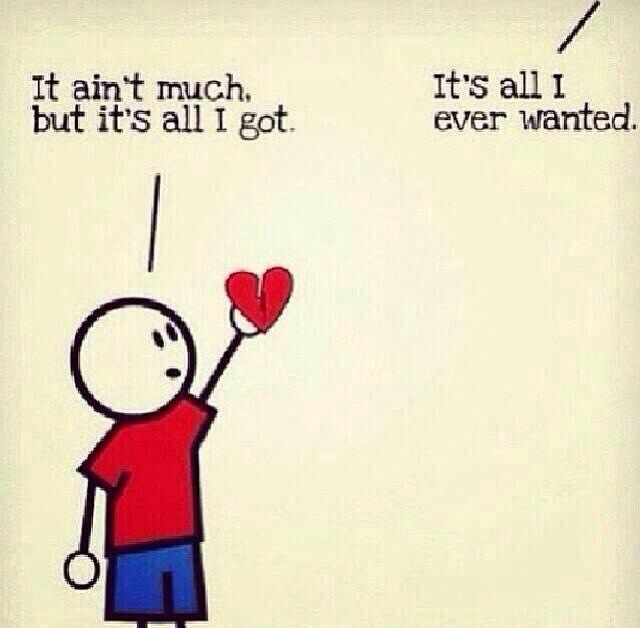Parshat Chayei Sarah includes the iconic scene of Eliezer, Avraham’s servant, meeting Yitzchak’s future wife, Rivkah. How does Eliezer know that she is the right one for Yitzchak? He asked Hashem for a sign – the woman who is right should not only offer him water to drink, but should also offer water for the camels that were with him. Rivkah does exactly that.
This story contains within it more than meets the eye, though. Rashi notes that Eliezer specifically prayed to find a woman who would meet with Divine approval (fun fact: this is one of the very few times that Rashi translates a word from Hebrew into Old French that is also understandable to contemporary readers). This is because the house of Avraham was known above all for their tremendous acts of loving kindness (chesed) and those who join the family must also shine in this regard.
Rabbi Yosef Dov Soloveitchik, the Beis Halevi, adds to this idea. He notes that Rivkah does not only represent the character trait of kindness – she embodies it to the fullest possible degree. Not only does she perform a kind act for camels in addition to a human being, but she does so fully and without any hesitation or embarrassment at all. Rabbi Isaiah Horowitz (the Sha’lah Hakadosh) even takes this a step farther. He notes that Rivkah not only demonstrates kindness in full, but also the concept of kavod ha-briyot (honouring all of creation) by treating the camels as she would a human.

My teacher from rabbinical school, Rabbi Baruch Simon, notes in his book Imrei Baruch that Rivkah’s full embodiment of chesed is a message for us to put our all into everything that we do. Whether we are engaging in an act of kindness, saying a bracha, or keeping Shabbat, or performing any other mitzvah, we should do so as fully as possible, with all of our heart.
I’ve seen a lot of people mentioning that due to so many reserve soldiers being called to defend Israel, there are many who are unable to observe mitzvot the way that they usually do. In solidarity with them, many people have decided to take on an additional mitzvah that they might not otherwise keep. I think this is an excellent idea and I encourage anyone reading this devar Torah to ask what a mitzvah is that you can take on in your own life as fully as possible, consistent with the lesson taught by our foremother Rivkah and in support of those in Israel who are currently risking their lives to defend out eternal homeland.
Shabbat Shalom!
Rabbi Gotlib and the JET Team

